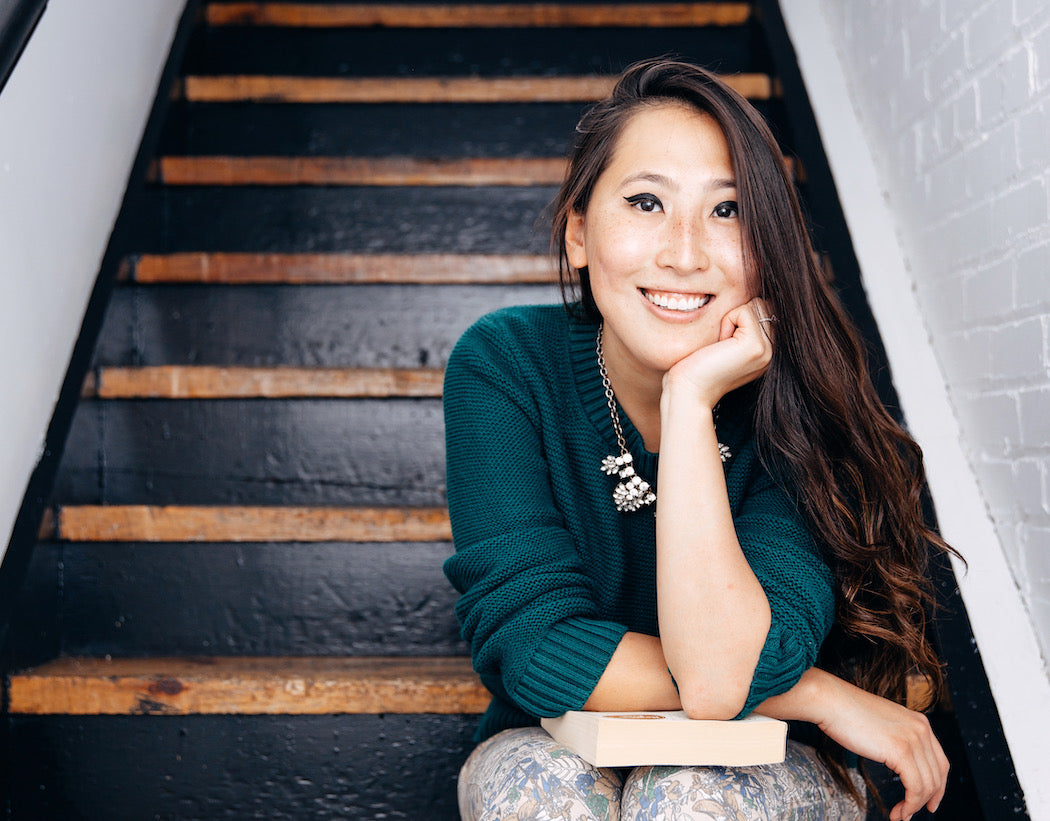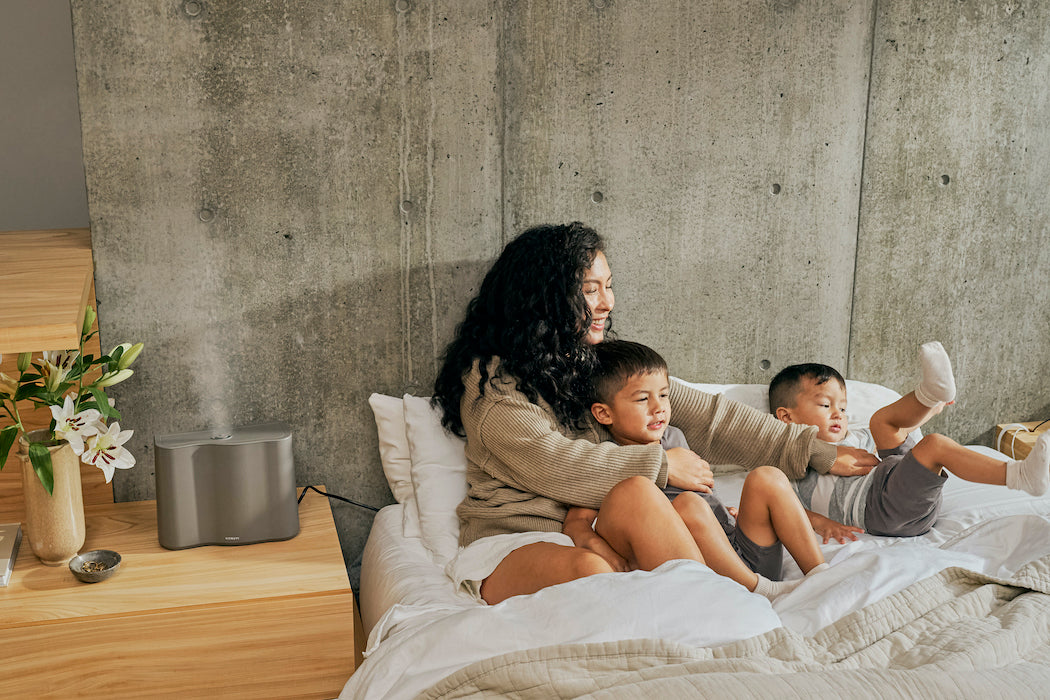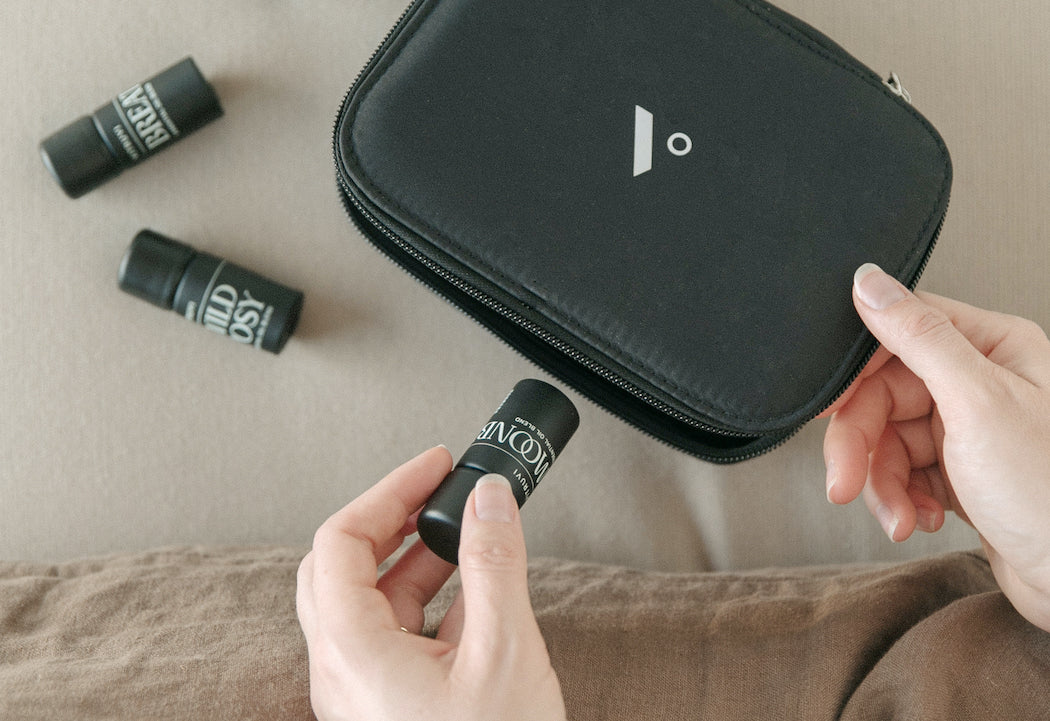At the outset of the pandemic, a cheeky question began to circulate: will our time in COVID-19 lockdown lead to a baby boom?
There is a longstanding cliche that disasters—be they hurricanes, freak snowstorms, power outages, or maybe, the thinking goes, pandemics—correlate with heightened birth rates nine months down the line. Many researchers question the legitimacy of this theory, although one study did find evidence that less-severe incidents do correlate with small baby booms, while larger disasters are more likely to result in, albeit temporary, baby busts.
In many countries, it seems the COVID-19 pandemic will result in lowered birth rates over the coming year, at least. In June, Washington, D.C.’s Brookings Institute released its report projecting 300,000 to 500,000 fewer U.S. births than average in 2021—a number it continues to stand by. A less dramatic, yet impactful, decline is anticipated in Canada. Surveys in both the U.S. and Europe have found many are postponing their fertility plans or reducing the number of children they expect to have, as a result of myriad pandemic-related factors ranging from loss of income, to lowered opportunity to meet potential partners, to safety concerns about contracting the virus while pregnant.
Within this broader trend of lowering fertility rates, though, there are inevitably those who have become pregnant during the pandemic. For some, like 30-year-old Hanna (whose name has been changed to protect her privacy), the experience of navigating a global crisis with a bun in the oven has been fraught.
Hanna discovered she was pregnant with her second child during the first wave of coronavirus. She considered an abortion for a variety of reasons. “My experience with my first pregnancy wasn’t great, and so I wasn’t ready to have another kid,” she says. She suffered preeclampsia in labor, and required an emergency C-section; in the two years since, she has struggled with postpartum anxiety and depression, which the pandemic has exacerbated. The idea of bringing another child into a pandemic environment worried her, as did the thought of having both a new baby and a toddler at a time when her access to the resources she relied on for her baseline well being—such as support networks and access to exercise facilities—were restricted.
As an early-childhood educator, she also feared contracting COVID-19 from her young students. Because “nothing changed” to make her feel safe in her workplace, she ultimately took an early maternity leave, and is due this February. She finds in-person doctor appointments, before which she must sit in a communal waiting room with her toddler, stressful. News reports—such as one she read about a woman who had a C-section while in a coma and on ventilator treatment for the virus—frighten her. As of December 2020, 2,431 Canadians have contracted COVID-19 while pregnant; the illness is believed to be more severe and prolonged in pregnant patients.
Hanna is not alone in her feelings. A recent University of Oregon study found high levels of depression and anxiety among the 500 pregnant women surveyed, with 75 per cent of respondents reporting that the pandemic has had an “extreme impact” on their daily lives.
Still, others have more sanguinely forged ahead with their family planning this year.
Refinery29 Canada executive editor Carley Fortune, 36, felt some anxiety about bringing a child into the world right now, yet “also felt like it would be a really good time to be pregnant,” she says. Fortune, who has a child in kindergarten and became pregnant with her second in August, found going to work during her first pregnancy uncomfortable, especially during her first trimester. “The commuting, the nausea, and just the feeling of, before you’re ready to tell anyone, worrying that people would kind of figure it out. I didn’t like that,” she says. This time around, she’s appreciated being able to stay at home in her comfy, pilled maternity wear, having the chance to choose when to tell her employer about the pregnancy, and taking phone appointments with her family doctor when possible.
It turns out that plenty of other women see the particular benefit in being pregnant right now, as well. According to Dr. Jason Hitkari of Vancouver’s Olive Fertility Centre, demand for fertility treatments has increased during the pandemic. While exact data is not yet available, “anecdotally,” he says, “every person I talk to working in a clinic says it’s much, much busier than pre-COVID.”
The reasons for this are multifaceted. Logistically, switching to virtual consultations has allowed clinics to schedule more in-person fertility procedures. Hitkari has observed that patients working from home are more flexible, able to book appointments at formerly unpopular times of day.
He further speculates that the slowed pace of pandemic life has allowed more people time to consider their priorities. “I wonder if, when you’re in the middle of a pandemic,” he muses, “it causes a lot of us to stop and reflect on what we want in our lives.”












